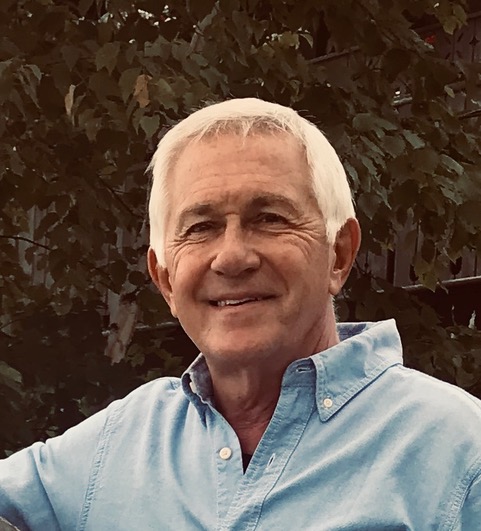 House Bill 1071 keeps the focus on patient-centered care
House Bill 1071 keeps the focus on patient-centered care
by Dr. Curtis Liedtke, DO Rapid City, South Dakota
It is no secret our state is facing a healthcare workforce shortage at all levels. To meet the needs of patients, we must have all available healthcare workers providing the care they are trained, educated, and qualified to provide to the fullest extent of that training and education. Allowing each healthcare provider to provide the care they are trained to deliver, without unnecessary regulation or red tape barriers, uses the limited workforce resources of our healthcare system most efficiently.
Physician assistants are advanced practice professionals like nurse practitioners, certified registered nurse anesthetists and certified professional midwives. Physician assistants are masters prepared providers. They complete their education at an accredited physician assistant program – one of which is at the University of South Dakota – which includes 1,200 hours of didactic classroom training and 2,000 hours of hands-on clinical experience. Physician assistants pass a national certification examination to become licensed and recertify their education on an ongoing basis.
Physician assistants are the only advanced practice providers still required to have a written supervision agreement with a physician before they can provide the care they are educated and competent to provide. This piece of paper does not require in-person, hands-on supervision by the physician. This piece of paper does not require the physician to be involved in the direct care of a patient. In fact, many physician assistants provide quality healthcare without having a physician in the same facility, the same city or even the same state.
A written supervision agreement does not translate to better healthcare outcomes, increased access to care or reduced healthcare costs. Instead, the supervision agreement causes barriers to licensure and employment for physician assistants and creates challenges for communities and facilities by limiting flexibility in setting up the healthcare team needed to meet patient needs in communities across our state.
HB 1071 allows a physician assistant to practice without a written supervision agreement like other advanced practice professionals in South Dakota. The bill also puts the scope of practice for physician assistants into statute so their role and responsibilities on the healthcare team are transparent to the patient and to the members of the healthcare team. House Bill 1071 specifically requires physician assistants to collaborate with all members of the healthcare team as the standard of care, reflecting how physician assistants practice today as part of our healthcare teams.
As a physician with 45 years of experience training and working with PAs, I know firsthand that a patient-centered healthcare team allows professionals from various disciplines to work collaboratively, within their unique roles (or “lanes”), to deliver coordinated, high-value, and patient-centered healthcare consistent with each professions training, education, and qualifications. This healthcare team model allows us to maximize the limited workforce resources of our healthcare system most efficiently.
House Bill 1071 allows physician assistants to do what they are educated and competent to do “in their lane” as part of the healthcare team. House Bill 1071 does not widen the lane on the healthcare highway for physician assistants– it establishes that lane and removes unnecessary red tape. Our healthcare workforce needs are growing. House Bill 1071 helps address that need and keeps the focus on patient-centered care.
